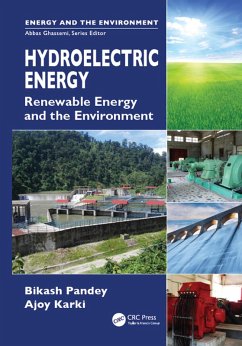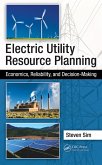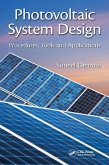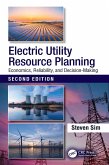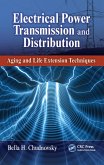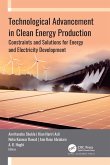Providing essential theory and useful practical techniques for implementing hydroelectric projects, this book outlines the resources, power generation technologies, applications, and strengths and weaknesses for hydroelectric technologies. Emphasizing the links between energy and the environment, it serves as a useful background resource and facilitates decision-making regarding which renewable energy technology works best for different types of applications and regions. Including examples, real-world case studies, and lessons learned, each chapter contains exercise questions, references, and ample photographs and technical drawings from actual micro hydropower plants.
Dieser Download kann aus rechtlichen Gründen nur mit Rechnungsadresse in A, B, BG, CY, CZ, D, DK, EW, E, FIN, F, GR, HR, H, IRL, I, LT, L, LR, M, NL, PL, P, R, S, SLO, SK ausgeliefert werden.

